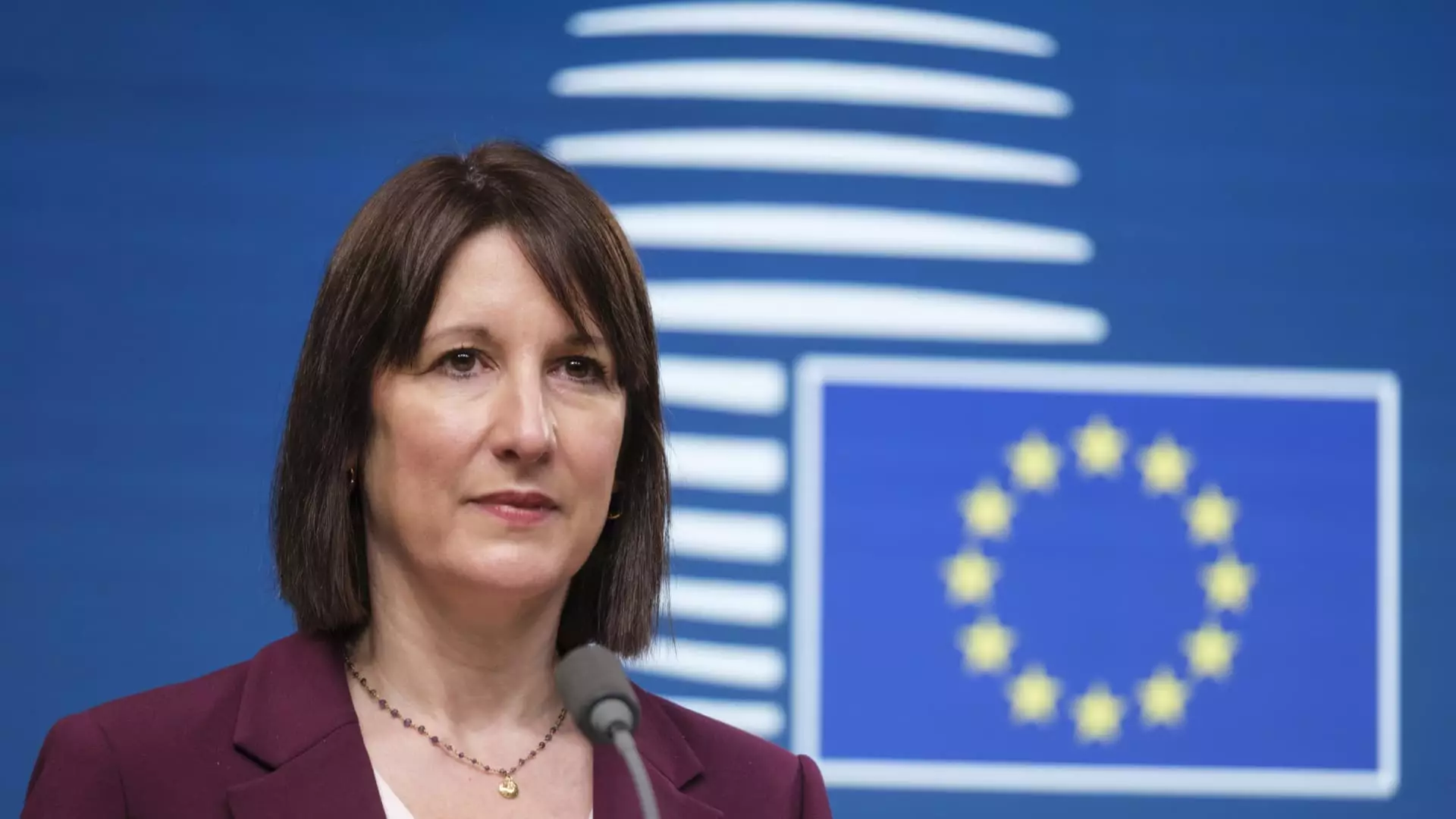The geopolitical landscape is forever shifting, particularly in the wake of significant political changes like Brexit and the recent election of Donald Trump as President of the United States. The U.K. and the European Union are redefining their relationships amid potential challenges posed by a new U.S. administration. This alliance is particularly pertinent given Trump’s historical stances on international trade and defense, where he suggested a move towards protectionism and possibly scaling back U.S. support for allies.
In the recent past, the dynamics between the U.K. and the EU showcased a palpable strain, exacerbated by the Brexit referendum in 2016 and the subsequent departure of the U.K. from the bloc in 2020. However, signs hint toward a renewal of cooperative efforts. U.K. Chancellor Rachel Reeves’ recent visit to Brussels marks a welcome change as it symbolizes intent from both parties to start reconciling differences while fortifying mutual interests. This encounter not only represents a political dialogue but acts as a foundation for economic and strategic partnerships surrounding various pressing global issues.
During her meeting with Eurogroup President Paschal Donohoe and other EU officials, a consensus emerged that shared performance in defense and trade could bolster not just their countries but also provide a united front against Trump’s unpredictable trade policies. With looming discussions surrounding NATO, the ongoing situation in Ukraine, and a possible shift in U.S. foreign policy, the U.K. and the EU see the necessity for solidarity that could weather potential confrontational storms.
While the details of Reeves’ discussions were not publicly shared, the three major themes—support for Ukraine, championing free trade, and enhancing bilateral economic ties—frame the essential topics of contemporary geopolitics. The war in Ukraine remains a critical issue as both Britain and the EU have pledged support to the beleaguered nation. The implications are vast: a unified approach could deter aggression from hostile actors while also reinforcing democratic values on the world stage.
Trade becomes another focal point, particularly in light of speculative tariffs mentioned by Trump. The unpredictability of American foreign policy under his governance necessitates discussions not only about current trade agreements but also strategic adaptations to ensure long-term sustainability for both the U.K. and EU economies. Maintaining a cohesive front will be critical to mitigating adverse effects regardless of the political winds blowing from the White House.
After years under Conservative rule that culminated in the fractious environment of Brexit negotiations, the newly formed Labour government under Prime Minister Keir Starmer signifies a shift in priorities—namely, restoring trust and navigating towards more amicable relations with the EU. Notably, Reeves’ statement that she did not come to Brussels to negotiate terms underscores her intention to genuinely mend the frayed fabric of U.K.-EU relations.
In her pursuit of fostering dialogue, Reeves aims to lay down the groundwork for future negotiations that would begin in the new year. Her efforts reflect a broader desire to eliminate the antagonism that characterized past interactions and instead support a collaborative framework beneficial for both sides.
Furthermore, the relationship between the U.K. and the EU is of paramount importance particularly in the context of U.S. foreign policy. With the U.S. adopting a potentially more isolationist stance, exemplified by Trump’s comments regarding aid and tariffs, it becomes essential for European allies to present a united front. Former EU negotiator Ignacio García Bercero highlighted this aspect, indicating that a cohesive strategy in dealing with the U.S. not only aids in aligning economic goals but also strengthens transatlantic relationships.
The recent meetings between the U.K. and EU underscore a critical juncture where cooperative action is essential in addressing contemporary global challenges. Rebuilding trust while responding to external pressures from the U.S. will likely define this new chapter in U.K.-EU relations, signaling a proactive approach, not reactionary maneuvers, in navigating an uncertain future. The ramifications of these discussions extend well beyond trade and defense, touching upon the very foundational values that both entities cherish, making it an essential focus in their ongoing dialogues.


Leave a Reply